Convergent Plate Boundaries: The Collision of Plate Tectonics
Convergent plate boundaries have some of the most violent catastrophes and geology on Earth. When plates smash together, it has created chains of volcanoes.
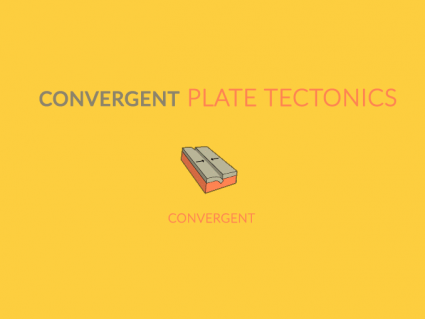
Convergent plate boundaries have some of the most violent catastrophes and geology on Earth. When plates smash together, it has created chains of volcanoes.
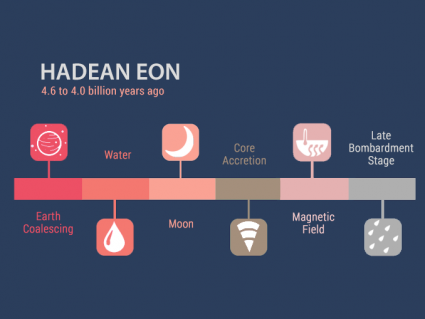
4,567,000,000 years ago, Earth was covered in molten lava. In the Hadean Eon, it was in its earliest stage of formation as it clumped from a cloud of dust.
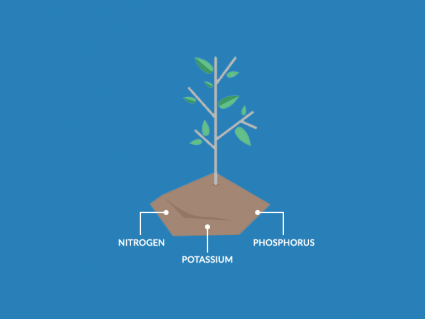
Plants mostly use water and carbon dioxide from the air to grow. But nutrients like nitrogen (N), phosphorus (P) & potassium (K) are also key ingredients.
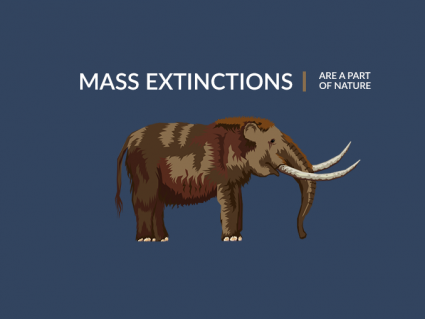
Earth has witnessed 5 mass extinctions where life experienced an abrupt ending. Time and time again, nature has always found a way to reshuffle the deck.
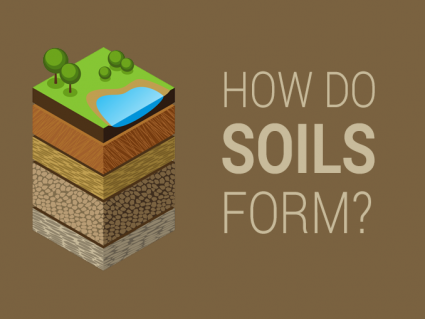
Soil formation is vital for food production and plant growth. Weathering is the process that breaks rock down into soils. Without it, soil wouldn’t exist.
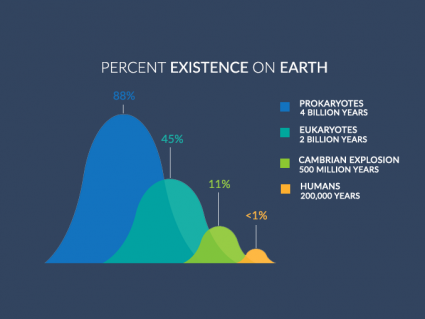
The earliest anatomically modern human fossil found was dated at about 200-300,000 years old in Morocco, Africa. They had modern faces and used stone tools.
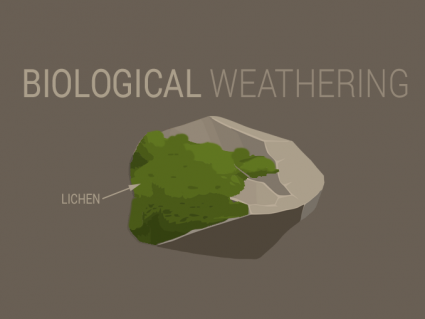
Biological weathering can occur from mechanical force and chemical reactions such as through plants, bacteria, fungi, burrowing animals and living organisms
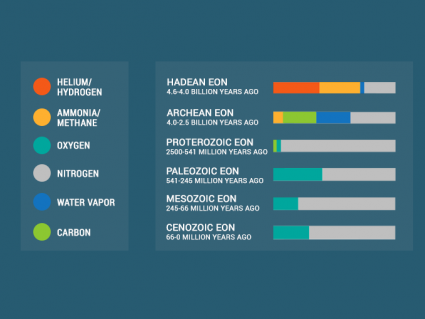
In Earth’s atmosphere history, oxygen levels have changed significantly. This includes hydrogen, helium, carbon dioxide and nitrogen composition in the air.
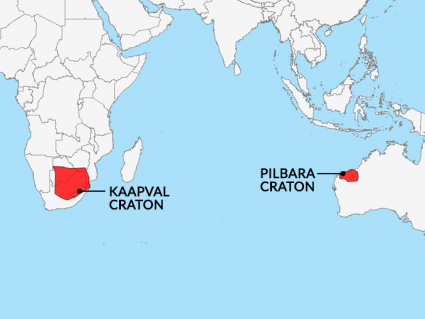
The evidence that Vaalbara (2.7-3.6 billion years ago) was the first supercontinent is mainly based on their sedimentary sequences and magnetic orientation.
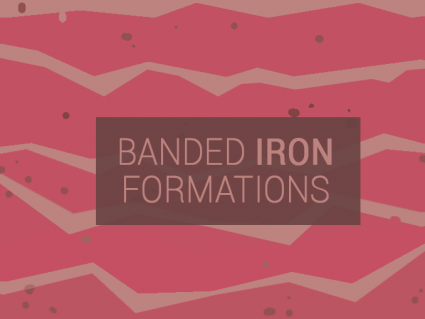
Long ago, oxygen filled the oceans. It mixed with iron which reacted by rusting. The seafloor collected rusted iron called banded iron formation (BIF).
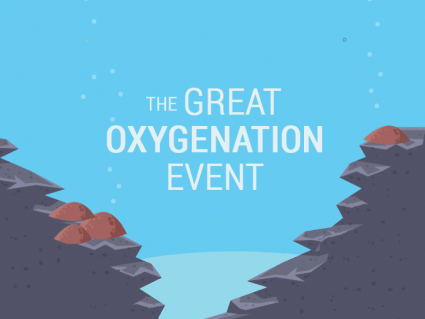
Over 4 billion years ago, Earth’s atmosphere was mostly methane & nitrogen. The Great Oxygenation Event marks a time when free oxygen filled the atmosphere.
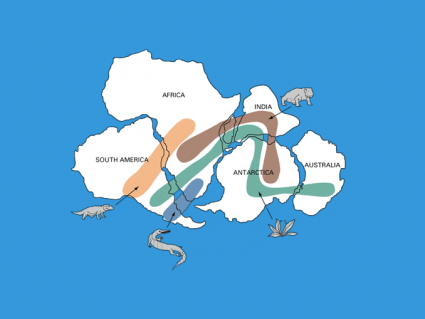
At one point in time, all continents were merged together as one supercontinent “Pangea”. We’ve used fossil evidence to know continental drift exists.
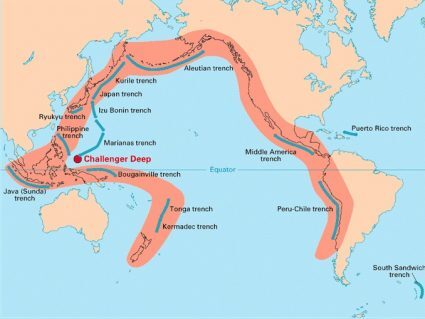
The Pacific Ring of Fire has the most active chains of volcanoes in the world. This is because tectonic plates collide and sink at these zones of subduction.
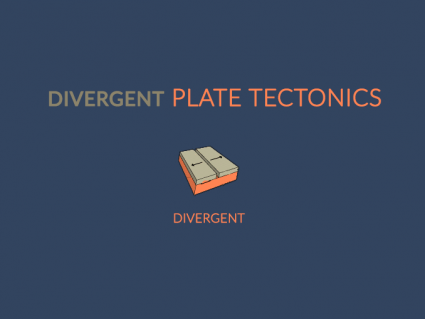
Beneath the oceans, lava erupts every day from mid-oceanic ridges. These divergent plate boundaries pull apart from each other creating new igneous rock.
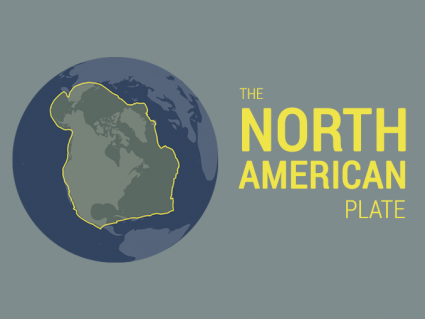
The North American plate extends all the way over the North pole to Siberia. It also includes Greenland, Cuba, the Bahamas and part of the Atlantic Ocean.